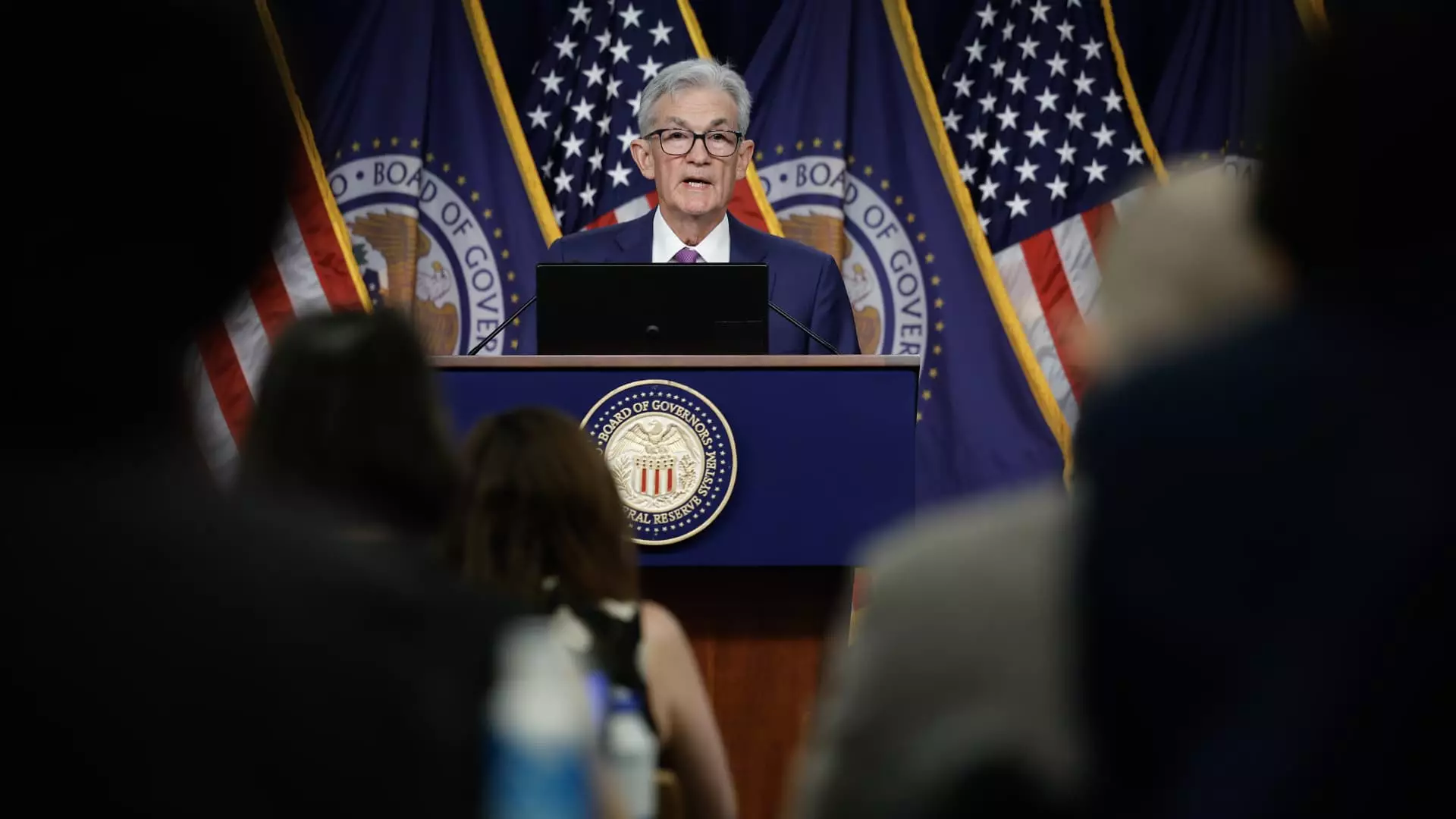The Federal Reserve officials have recently announced that they are maintaining short-term interest rates for now, but there are signals that inflation is moving closer to the target rate. The FOMC statement after the meeting indicated that there has been some progress towards the 2 percent inflation goal, although inflation still remains somewhat elevated. This subtle upgrade from previous statements suggests that the Fed is closely monitoring the inflation trends.
Despite the positive developments in inflation, the Federal Reserve remains cautious about the overall economic conditions. The statement also stressed that more progress is needed before any rate reductions can take place. While the risks to employment and inflation are becoming more balanced, the Fed is still observing the situation closely. The high overnight borrowing rate has been maintained as a result of efforts to control inflation over the past year.
There has been speculation in the market about potential rate cuts in the upcoming meetings, with expectations that the Fed might reduce rates in September. This has led to futures pricing predicting cuts in November and December as well. Stock markets reacted positively to the news of rates remaining steady, indicating that investors are hopeful for potential rate cuts in the near future.
The Federal Reserve has emphasized its data-dependent approach to decision-making, indicating that they are closely monitoring economic indicators before making any significant changes. The Fed is not following a predetermined course for rates and is not swayed by forecasts or market expectations. The statement also highlighted that the target range for rate reduction will only be considered once there is greater confidence that inflation is moving towards the 2 percent target sustainably.
Recent economic data has shown that inflation pressures have eased significantly from the levels seen in mid-2022. The personal consumption expenditures price index indicates that inflation is currently around 2.5% annually, slightly higher than the targeted rate of 2%. Despite concerns about inflation, the Fed has maintained its commitment to the 2% target and has not wavered in its stance.
While GDP growth has been better than expected, the labor market data has shown signs of weakness. The unemployment rate remains above the level considered as full employment, indicating that there are challenges in the labor market. However, there has been some positive inflation data, with wages increasing at a slower pace in recent years. The Fed’s cautious approach is crucial in ensuring that the economy remains stable despite inflation concerns.
The Federal Reserve’s decision to hold rates steady reflects their cautious approach to the current economic conditions. While there are positive signs of progress in inflation, the Fed remains vigilant about the overall economic stability. Market expectations for rate cuts in the future indicate that investors are hopeful for a more accommodative monetary policy. The Fed’s commitment to data-driven decision-making is essential in navigating through the challenges posed by inflation and growth concerns.

